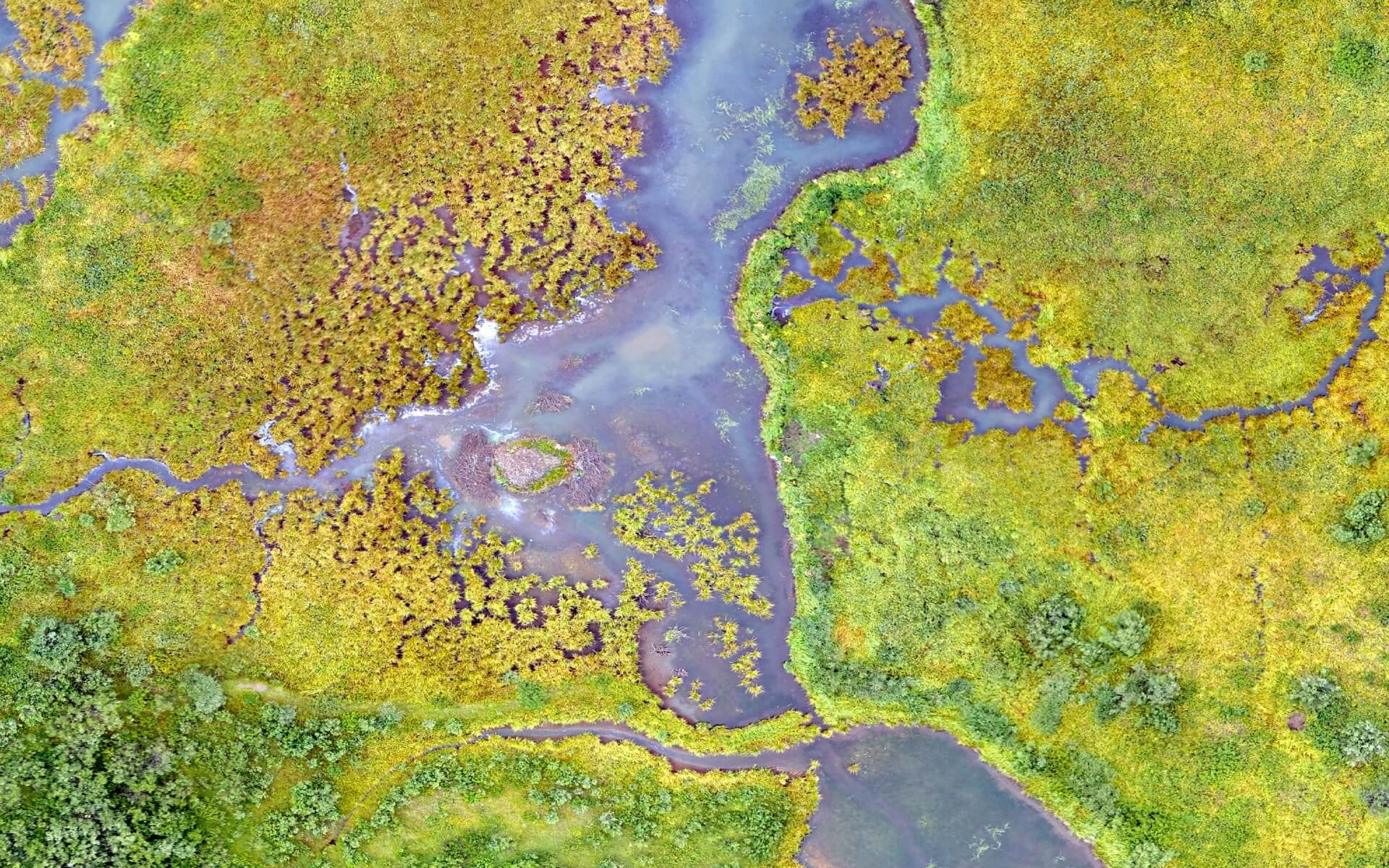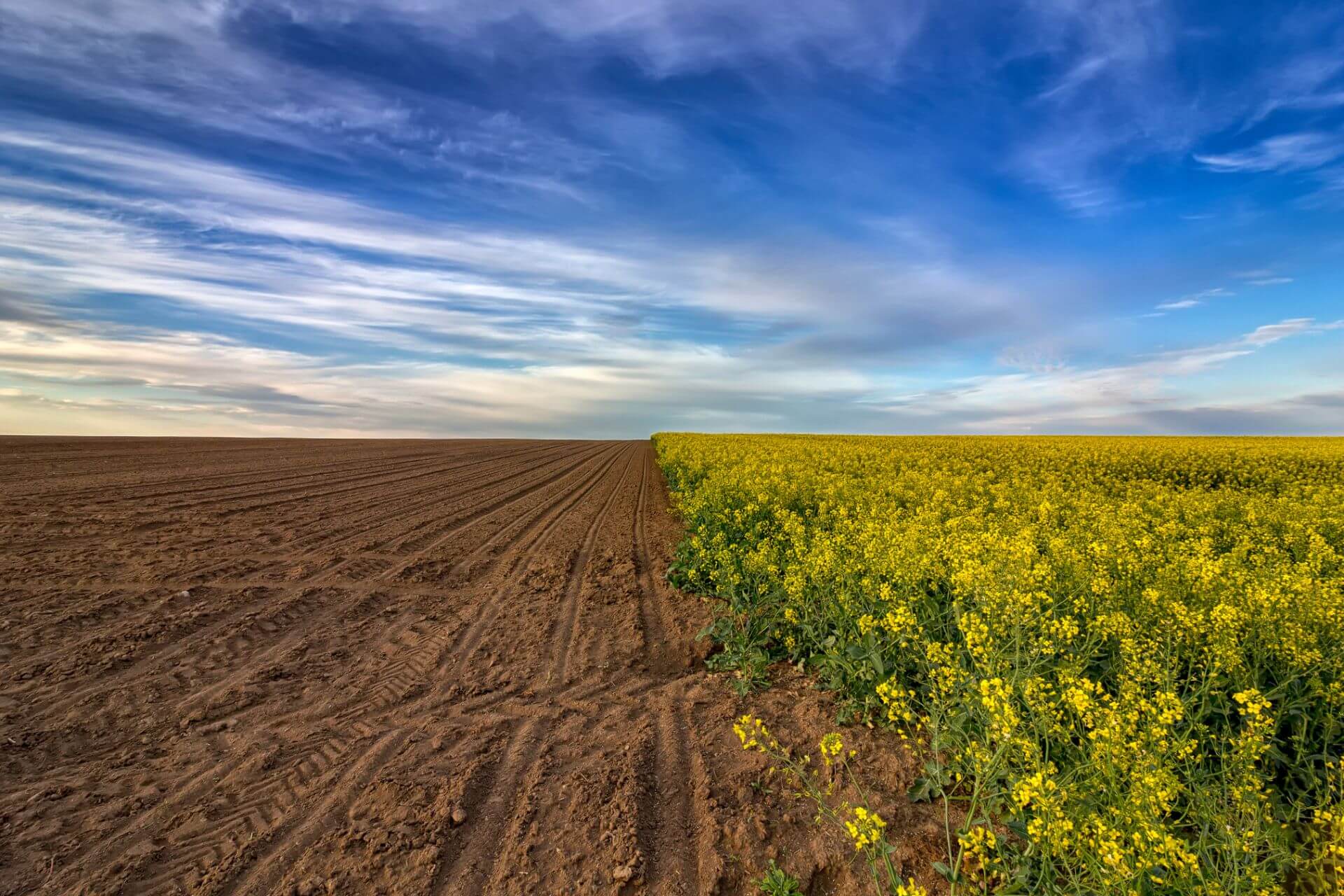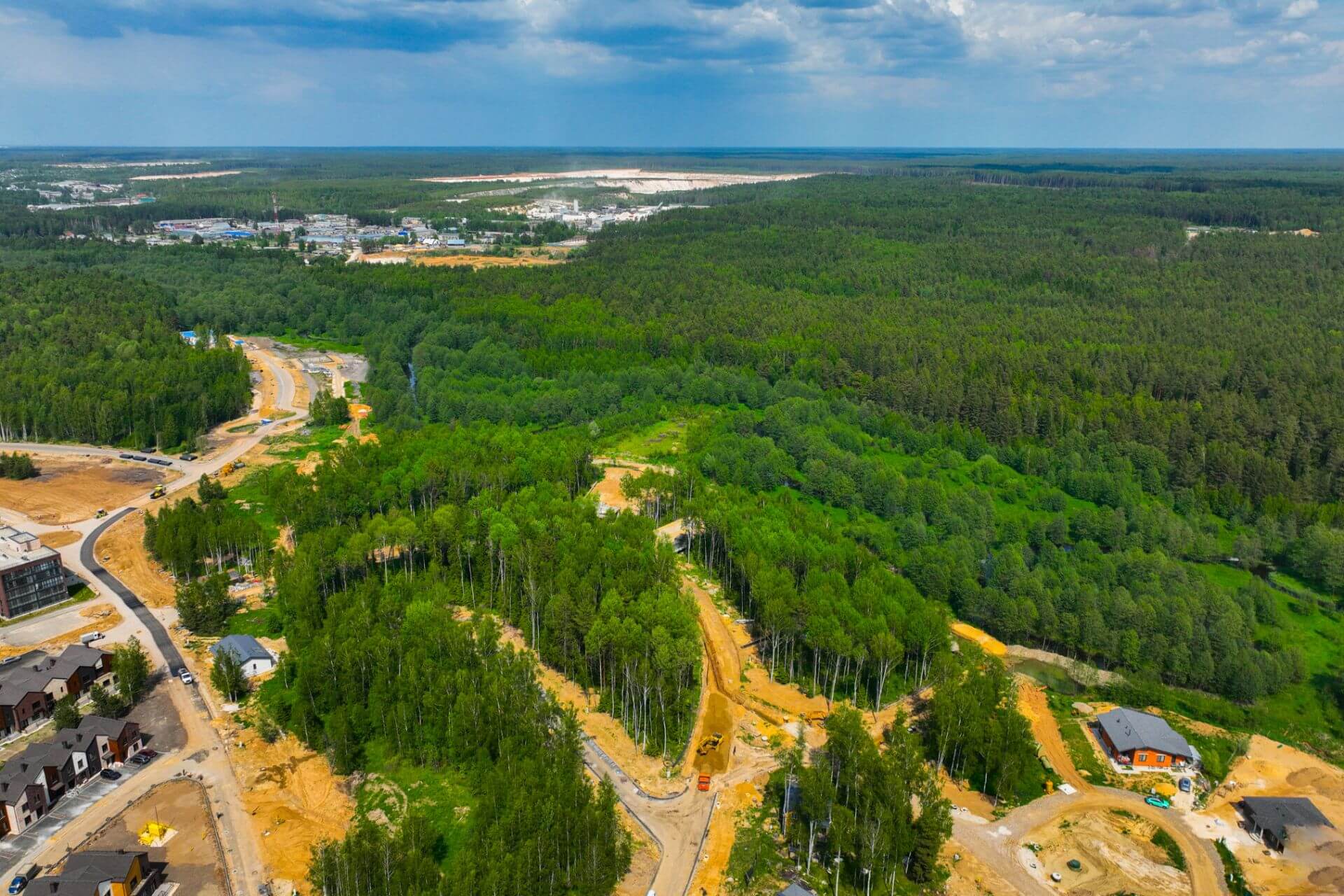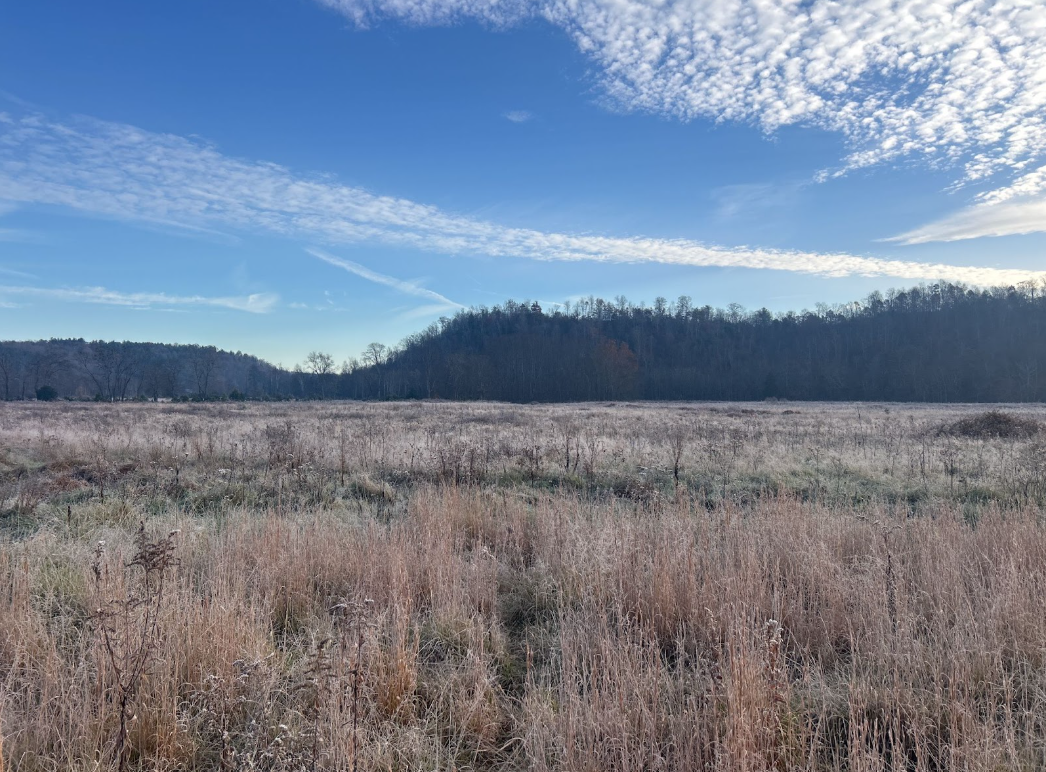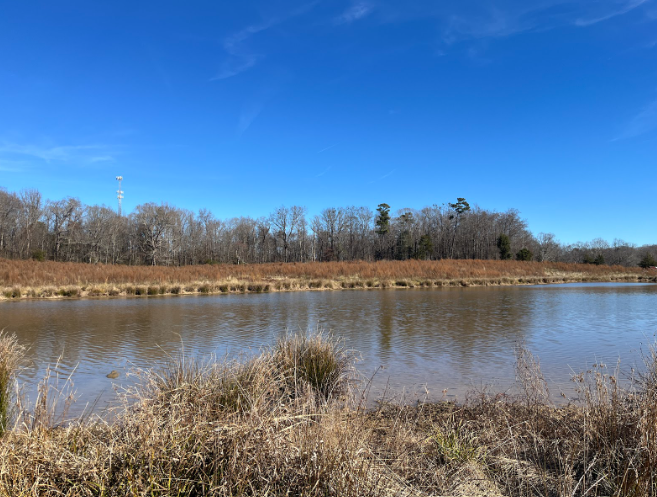The wetland superpower behind the stink and why you’ll be saying, “Oh no, my feet smell cheesy!”
Experiencing nature can become enlightening when we use our five senses. In the case of wetlands, using your sense of smell can also help you understand what makes wetlands so special.
Have you ever been to a marsh on a warm summer day? You may have taken a slow, deep breath and filled your nostrils with the smell of… rotten eggs.
What’s Responsible for a Wetlands’ Rotten Egg Smell?
Humans happen to be very good at smelling sulfur compounds such as hydrogen sulfide. In fact, natural gas companies add a sulfur compound to natural gas so humans can more easily detect gas leaks. Our human noses can detect sulfur compounds at very low concentrations, even as low as parts per billion.
And for good reason- it makes sense from an evolutionary standpoint that humans would benefit from detecting sulfur compounds that typically result in sickness, harm, or death.
So, is that terrible smell coming from the salt marsh warning us to stay away? Nope! (At least not if you are curious and love spending time in wetlands.)
How Do Wetlands Sequester Carbon?
That smell is a result of one of the superpowers of wetlands. Wetlands store the carbon found in organic matter. This is because the build up of plant material is typically faster than the very slow breakdown, or decomposition of plant material.
Wetlands produce very large amounts of aboveground (leaves, shoots, and stems) and below ground (roots and rhizomes) plant material. All of that plant material is organic matter that resulted from plants using carbon from the atmosphere and converting it into organic matter through photosynthesis.
In wetlands in particular, the decomposition of plant material can be extremely slow. This results in the capture and storage of carbon as organic material. We call that process biological carbon sequestration and that’s an especially important wetland function that helps us address climate change.
Why is Decomposition So Slow in Wetlands?
The reason for slow decomposition goes back to water. All wetlands experience some flooding, and oxygen disperses 10,000 times more slowly in flooded soils than drained soils. When soils are not flooded and oxygen is available, decomposition rates increase.
In wetlands, the soils are often flooded and oxygen becomes unavailable. This forces the microbes responsible for driving the chemical reactions of decomposition to use other compounds that are not as easy to use, and decomposition rates slow down.
Why Will I Be Saying “Oh no, my feet smell cheesy?”
When I was younger I learned a mnemonic device to remember the major elements of the compounds involved in decomposition reactions, from easiest to use to hardest.
The order is:
- (O) oxygen,
- (N) nitrogen,
- (Mn) manganese,
- (Fe) iron,
- (S) sulfur, and
- (C) carbon.
The mnemonic device is: “Oh no, my feet smell cheesy!”
By the time you can detect the smell of rotten eggs, the rate of decomposition of plant material is likely much slower than the production of plant matter. That is what makes wetlands so excellent at capturing and storing carbon, and one of the wonders of wetlands that makes them so special.
The next time you visit a wetland, make sure to use your sense of smell to truly appreciate the superpower behind the stink.
About the Author
Dr. Christine Pickens is a wetland ecologist with over 15 years of experience managing a diversity of projects across the US focused on ecological research, restoration project management, and partnership building. Her current on-the-ground efforts are focused on multi-disciplinary coordination of dam removal and conservation of imperiled wetland types while expanding public access to and understanding of nature through park development and educational outreach.
Learn More
